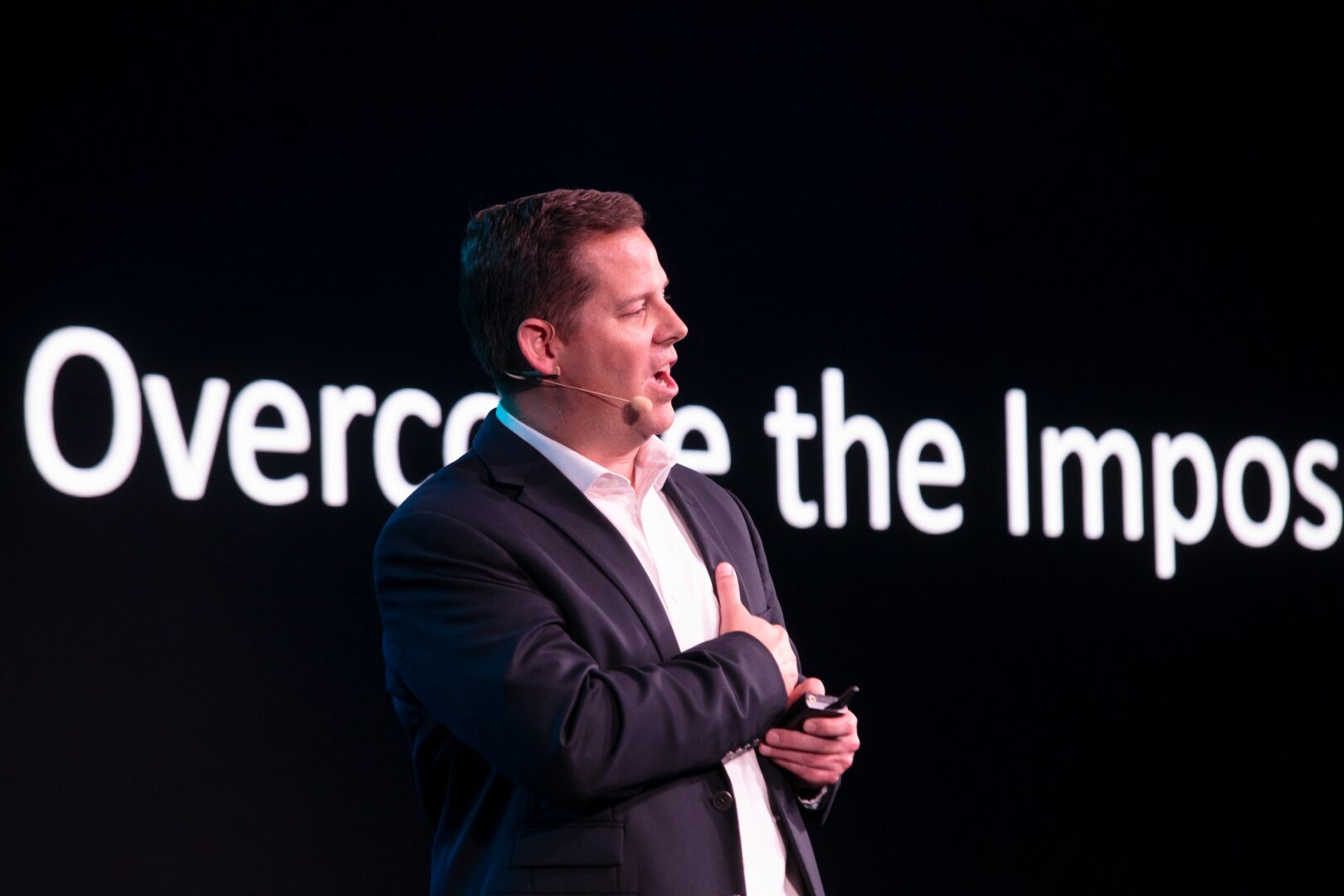Jason Dennen shared their story and experiences with us recently and you can find our conversation below.
Jason, we’re thrilled to have you with us today. Before we jump into your intro and the heart of the interview, let’s start with a bit of an ice breaker: What makes you lose track of time—and find yourself again?
Riding my motorcycle and climbing mountains puts me completely in the present moment, there is no past, no future just right now and that is a special place to be. It can’t last forever but it completely focuses me on what I am doing at that moment because if I am not focused, I will not have a future as I will not survive. Every decision has potentially life altering consequences. When I am finished I am refreshed and ready to attack other parts of my life with greater focus.
Can you briefly introduce yourself and share what makes you or your brand unique?
I am an inspirational speaker, author, skydiver, mountain climber, triathlete, explorer and I have spent over 25 years in financial services. I was born and raised in New Jersey but felt a pull to explore and test my limits in the wide-open expanses of the west.
After years of searching to find my limits one day I ran into my greatest challenge. A skydiving accident that nearly took my life. The crash broke 20 bones, badly damaged 4 organs and thrust my heart from the right side to the left side of my body. I survived a coma that lasted 8 days. Even my doctors couldn’t believe I survived the traumatic accident with the injuries I incurred. I woke up from the coma with a badly broken body that required I stay in the hospital for 3 and a half months, undergo 11 months of rehabilitation and relearn to walk. After being told by my doctor it was unlikely I would ever be able to run again, I decided to sign up for a triathlon to test the doctor’s prognosis. Less than 1 year after the accident I completed a triathlon and proved the doctor wrong. And then I kept going and started climbing mountains again because doctors told me it would be impossible.
I had unknowingly spent my entire life training my body and mind for this moment. Every philosophy and principle I lived by and every ounce of physical strength and mental resilience I had built over my lifetime of living on the edge proved to be exactly what saved my life.
I am on a mission to empower people and organizations to overcome challenges that were once considered impossible. I not only inspire people and organizations but I provide them with the exact tools and mindset to take on their greatest challenges and succeed.
Great, so let’s dive into your journey a bit more. What’s a moment that really shaped how you see the world?
In 2012 I traveled to Nepal and spent a few weeks exploring its cities, culture and hiking to the base of the highest mountains in the world. Nepal is one of the poorest countries in the world and was working on reestablishing their government after a 10-year civil war. Kathmandu, the capital city with a population of 3 million people had no traffic lights, streetlights and only had electricity 12 hours a day. The villages in the mountains often times did not have plumbing, electricity or roads. The only way to get to the villages was via a footpath. But what they lack in money and modern conveniences they make up with amazing smiles and generosity. I think so often we have an assumption that people living in other countries are so much different than we are but in fact we are far more alike than we are different. The biggest difference is luck. We were born in vastly different places and opportunities that in some countries are taken for granted are not available in other countries.
When I returned from Nepal I realized in daily life how often people complained about small inconveniences as if they were the end of the world. While in Nepal real life changing problems were dealt with and overcome without complaining, media coverage or much help from the government or any other resources because help didn’t exist.
I have a greater sense of gratitude than I had before and a better understanding of people in the world. I also have less tolerance for people complaining about their insignificant problems and their self-centered approach to life. We need to be far more thankful for what we have and be more willing to help people that were not born into a country where hope and opportunities are not in abundance.
What did suffering teach you that success never could?
After my accident I had to spend 10 weeks lying in bed not able to move because of my 20 broken bones. Before the accident I insisted on solving all of my own problems and never asked for help for any reason. At first when I woke up from my coma I was reluctant to accept help. My nurse explained to me that if I was ever going to get better I needed to accept help. I always equated accepting help with weakness. I finally humbled myself and started to accept help. Accepting help was the beginning of coming back from my horrific injuries. I allowed people to help me until I could do things for myself. I changed the way I thought about accepting help. I was not weak for accepting it. I was strong because I admitted I needed it.
Next, maybe we can discuss some of your foundational philosophies and views? Is the public version of you the real you?
When I coached youth football I preached to my players that who you are as a person and player is how you act when I turn my back and I can’t see what you are doing. That lesson is not a lesson only for football it is about how you conduct yourself in life. I think if you are not living the same life in public as you do behind closed doors you are living a lie. When I speak I tell all those at the event that anything I talk about is something I have done or do currently. I don’t give any advice that I have not lived myself. I live the life I proclaim to live. If you hear me talking about it if you follow me home you will see me doing the same things I talk about every day.
Thank you so much for all of your openness so far. Maybe we can close with a future oriented question. What do you understand deeply that most people don’t?
I understand the importance of keeping the things that are most important in your life at the top of your priority list. I understand this because when I woke up from my coma the thing that I regretted most was not spending enough time with the people I care about most. If you asked me I would tell you they are my highest priority but in the years before my skydiving accident I was spending less and less time with them as my career took over my life. Luckily, I survived my accident and had a second chance to revisit my priorities in life and correct my priorities. Many people don’t understand the consequences of not making sure they honor their top priorities until it is too late, too close to the end of their lives and they don’t have the ability to change their lives because it is too late, and they die with regret.
The greatest pain of my life was lying in the hospital bed for months and thinking about how I let myself down and how I regretted not spending enough time with my loved ones. I speak and warn people about what happens when you don’t honor your priorities in life as I don’t want to see people die with regret.
Contact Info:
- Website: https://JasonDennen.com
- Instagram: https://www.instagram.com/jwdboulder/
- Linkedin: https://www.linkedin.com/in/jasondennen
- Facebook: https://www.facebook.com/jason.dennen.5/
- Youtube: @JasonDennenspeaks
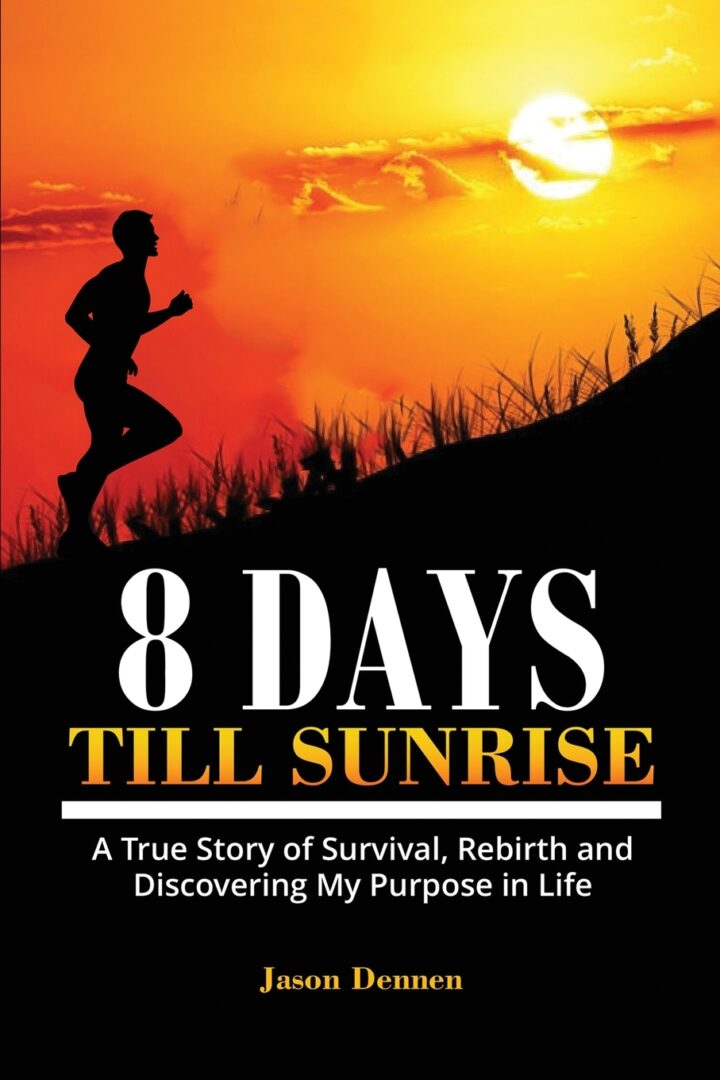
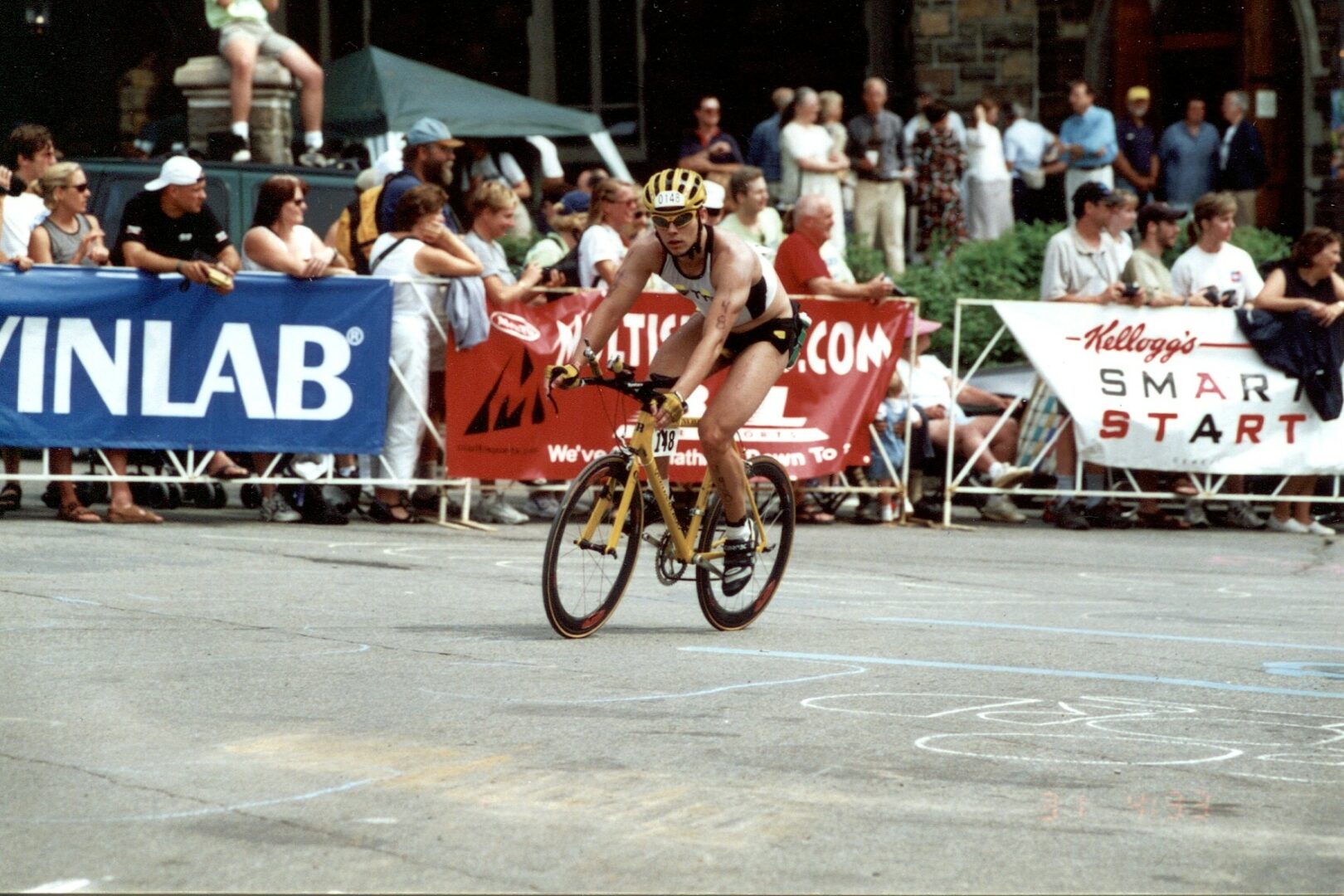
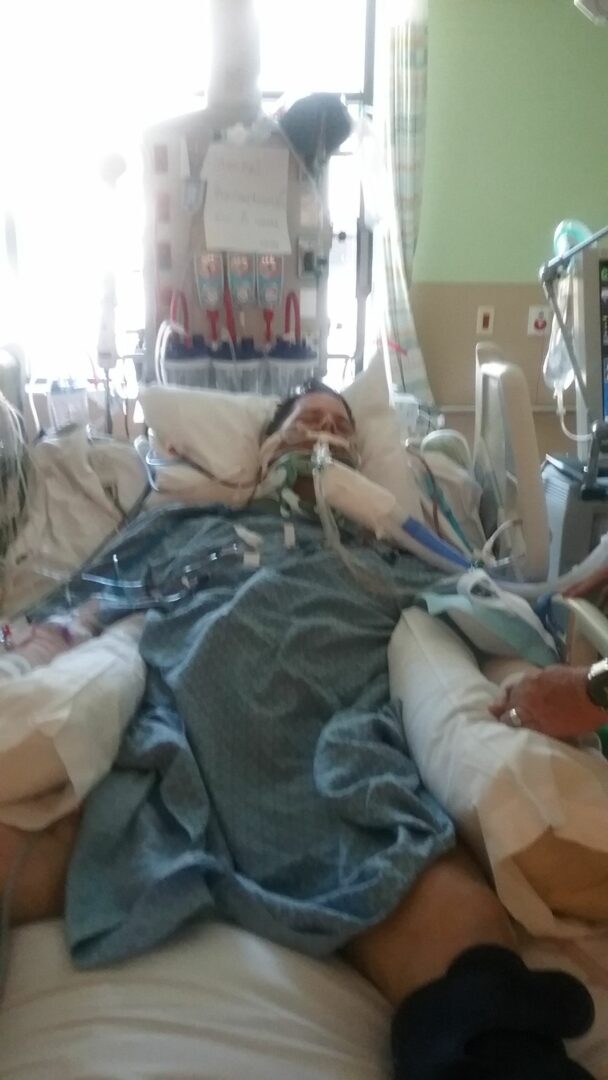
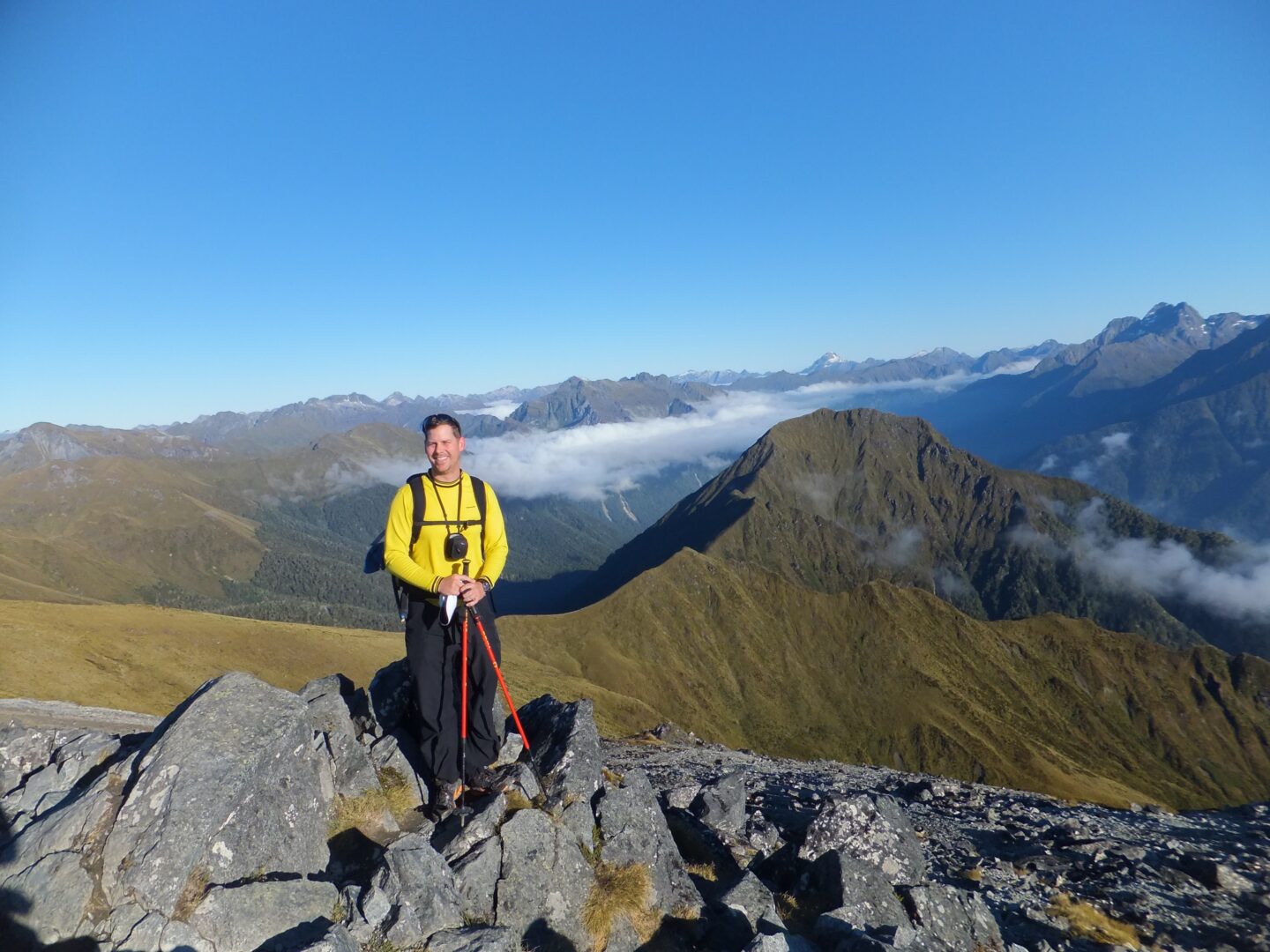
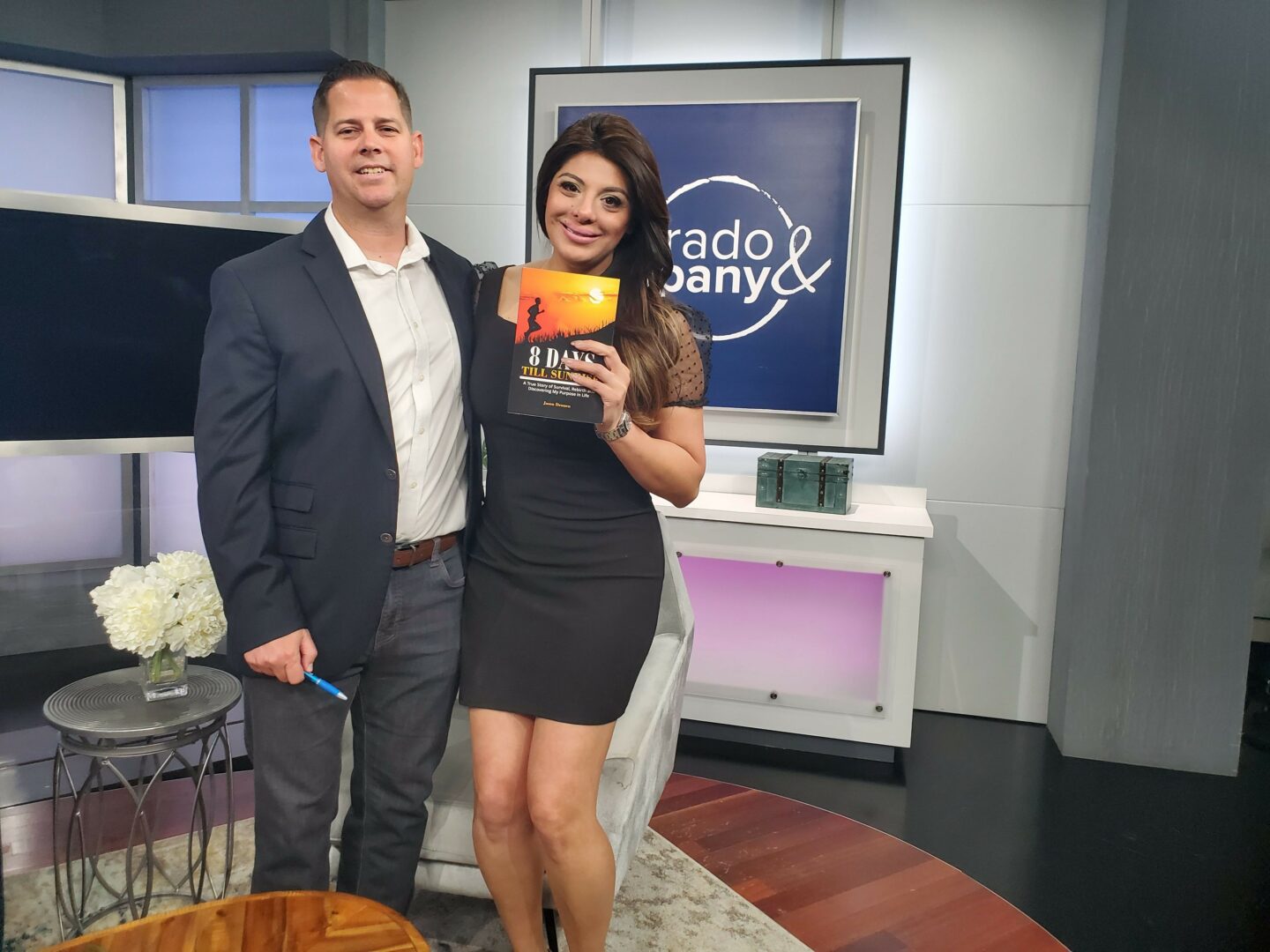
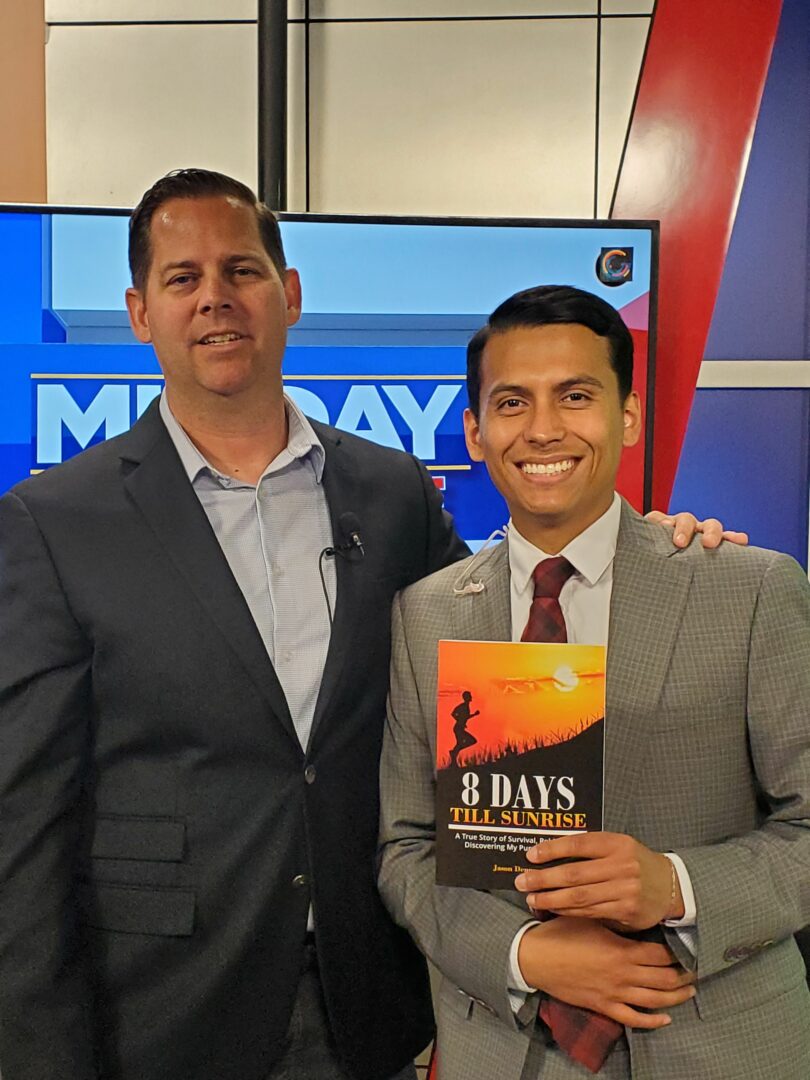
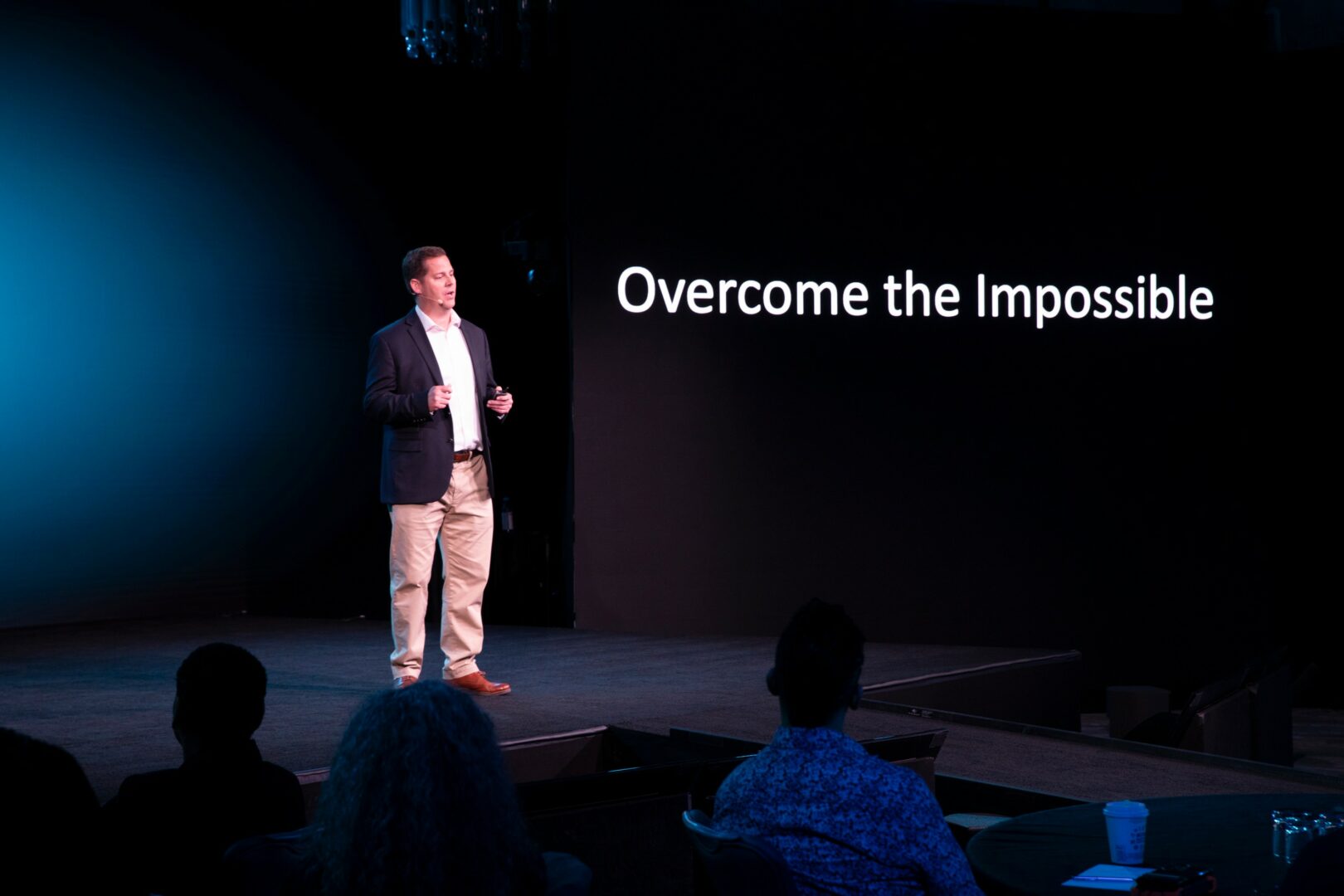
so if you or someone you know deserves recognition please let us know here.

